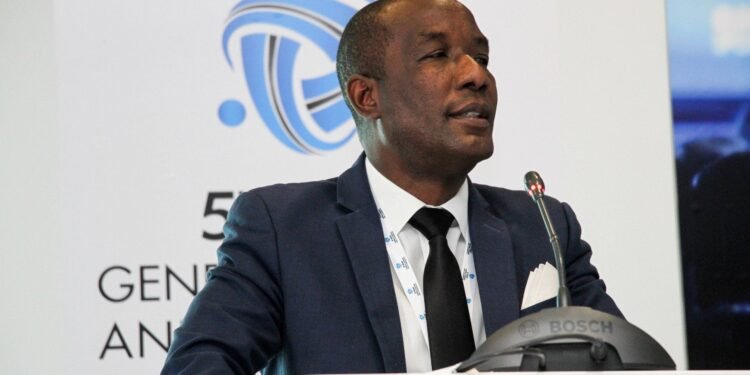
The
decision of the EU to remove Namibia from the list of non-cooperative
jurisdictions for tax purposes was announced after a meeting of the Council of
the European Union held on Tuesday 6 November 2018 and follows a series of
negotiations between the EU and Windhoek.
According
to a commitment letter sent by the Namibia Finance Minister to the Code of
Conduct Group in October 2018, Namibia committed to implementing a series of reforms
by the end of 2019 including:
- Revising its preferential tax regimes
- Joining the Global Forum on Transparency and Exchange
of information for tax purposes and/or achieving a satisfactory rating - Signing and ratifying the OECD Multilateral Convention
(not the Multilateral Instrument) or have in place a network of agreements
covering all EU member States - Becoming a member of the Inclusive Framework or
implement the BEPS minimum standards
Set
up by the European Commission after the wave of international tax avoidance scandals
which swept global finance in 2017, as highlighted by the revelations of the
Panama and the Paradise papers, the EU list carries threats of potential suspension
of all forms of funding from European institutions to the listed jurisdictions
(although to this date, no EU member state has agreed to it) and of negatively
affecting the countries’ reputation as investment destinations.
Namibia
was one of the first countries to be added to the list in December 2017 alongside
16 other jurisdictions, due to their tax regulations and tax practices deemed
unaligned to EU standards.
The
African Tax Administration Forum (ATAF), a continental tax organization which
provides technical assistance to its members to optimise their tax systems and
improving domestic resource mobilisation (DRM), of which Namibia is a member,
has strongly criticized the EU listing which it says, does not provide a fair
picture as countries such as Namibia do not provide fertile grounds for tax
avoidance. The listing is bullying on the part of the EU, as joining these
international bodies and instruments is voluntary for developing countries.
ATAF
is delighted to see that the EU has agreed to remove Namibia from the list and
ATAF will be providing technical assistance to Namibia as it is also doing for
other members to help it meet the commitments it has made to the EU to ensure
it is completely removed from the list of countries which do not meet the EU’s
tax good governance principles.









